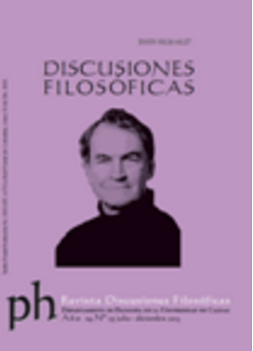Authors
Abstract
Liberal criminal law came into being as a protection of individuals against the actions of other individuals. It is a protection of negative freedoms. The definition given by John Stuart Mill in 'On Liberty' is the immediate precursor of the philosophy of liberal criminal law. In this definition all forms of paternalism and inspection of the moral subjectivity of any member of the community is excluded. What is the principle that Mill puts forward in this famous work? It is the 'Harm Principle'. However, many current authors who do not reject the liberal principle that must preside in criminal law, have supported a kind of subjective inspection of the morality of acts and of the perpetrators of certain criminal actions, which ends in the notion of moral reproach. A genuine return to the liberal principle of penal law would be that the repressive power of the state must only be exercised to prevent or dissuade others from being harmed.
References
Hegel, Georg. Principios de la filosofía del derecho o Derecho natural y Ciencia política. Buenos Aires: Editorial Sudamericana, 1975. Impreso.
Mill, Staurt. On liberty. New York: Dover Publications, 2002. Print.
Moore, Michael S. Causation and Responsibility. Oxford: Oxford University Press, 2009. Print.
Sancinetti, Marcelo. Dogmática del hecho punible y ley penal. Buenos Aires: Editorial Ad-Hoc S.R.L., 2003. Impreso.

 PDF (Español)
PDF (Español)
 FLIP
FLIP
























